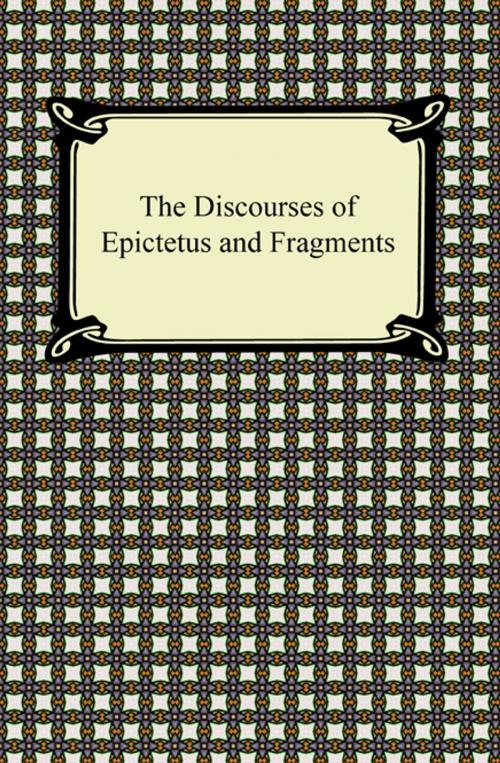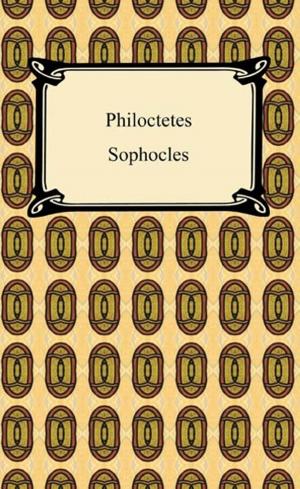| Author: | Epictetus | ISBN: | 9781420943610 |
| Publisher: | Neeland Media LLC | Publication: | December 15, 2009 |
| Imprint: | Digireads.com Publishing | Language: | English |
| Author: | Epictetus |
| ISBN: | 9781420943610 |
| Publisher: | Neeland Media LLC |
| Publication: | December 15, 2009 |
| Imprint: | Digireads.com Publishing |
| Language: | English |
Epictetus (AD 55- AD 135) was a Greek stoic philosopher. He was born a slave at Hierapolis, Phrygia (present day Pamukkale, Turkey), and lived in Rome. It is not known how Epictetus obtained his freedom, but eventually he began to teach philosophy in Rome. Around 93 AD, Domitian banished all philosophers from Rome, and ultimately, from Italy. Epictetus traveled to Nicopolis in northwestern Greece, where he founded a philosophical school and spent the rest of his life. No writings of Epictetus himself are known. His discourses were transcribed and compiled by his pupil, Arrian. The main work, "The Discourses of Epictetus and Fragments", were four books of which have been preserved (out of an original eight) that displayed his knowledge on philosophical theories and modes. Philosophy, as he taught it, is a way of life and not just a theoretical discipline. In "The Discourses", Epictetus maintains that the foundation of all philosophy is self-knowledge, that is, the conviction of our ignorance and weakness when measured by the standard of good, and ought to be the first subject of instruction.
Epictetus (AD 55- AD 135) was a Greek stoic philosopher. He was born a slave at Hierapolis, Phrygia (present day Pamukkale, Turkey), and lived in Rome. It is not known how Epictetus obtained his freedom, but eventually he began to teach philosophy in Rome. Around 93 AD, Domitian banished all philosophers from Rome, and ultimately, from Italy. Epictetus traveled to Nicopolis in northwestern Greece, where he founded a philosophical school and spent the rest of his life. No writings of Epictetus himself are known. His discourses were transcribed and compiled by his pupil, Arrian. The main work, "The Discourses of Epictetus and Fragments", were four books of which have been preserved (out of an original eight) that displayed his knowledge on philosophical theories and modes. Philosophy, as he taught it, is a way of life and not just a theoretical discipline. In "The Discourses", Epictetus maintains that the foundation of all philosophy is self-knowledge, that is, the conviction of our ignorance and weakness when measured by the standard of good, and ought to be the first subject of instruction.















